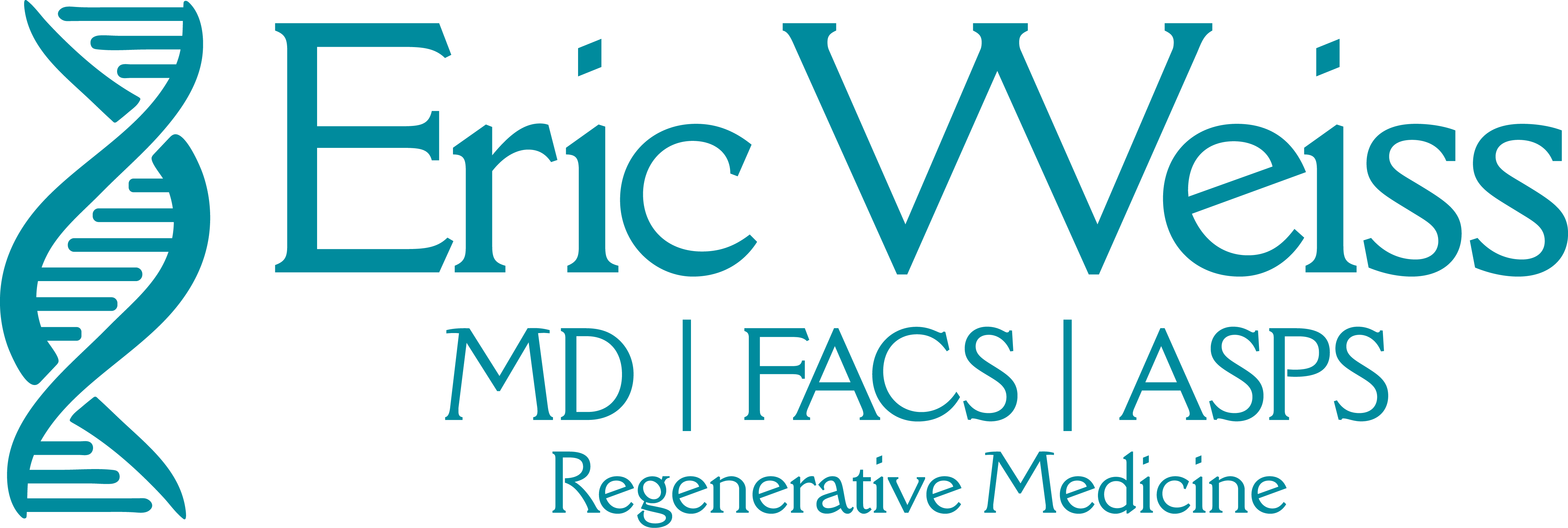Regenerative Therapy for Autism: A New Frontier in Treatment
Autism is now being successfully treated with regenerative therapy.
Autism is increasingly understood as a neuroinflammatory condition. Both autopsy studies and spinal fluid analyses in living individuals show consistent inflammatory markers, particularly involving glial cells—the supportive cells of the nervous system. Inflammation in the brain leads to neuronal loss and loss of connections.
Umbilical cord blood (UCB) and its stem cells have shown the ability to act directly on these inflamed glial cells, shifting them from a damaging inflammatory state to a restorative, healing state. In this restorative mode, the glial cells begin to secrete Brain-Derived Neurotrophic Factor (BDNF) and Nerve Growth Factor (NGF)—both of which play key roles in supporting new brain connections (synapses) and encouraging neuronal growth.
Scientific Evidence of Improvement
Research has not only shown improvements on standardized autism rating scales, but also measurable changes in brain structure and function:
- MRI scans have demonstrated increased synaptic connections and growth in white matter tracts.
- EEG readings show normalization in brain wave patterns following treatment.
- These results offer objective, quantifiable evidence of neurological improvement.
However, it’s important to be transparent: about 65–70% of children respond positively to treatment, while the remaining 30% do not experience measurable benefit. The reason for this variability is not yet fully understood, and further research is ongoing. [Link to article]
Proven Safety and Clinical Studies
Multiple university-led studies—including those conducted at Duke University Medical Center—have confirmed both the safety and statistically significant improvements associated with umbilical cord blood therapy in children with autism.
The most well-known study involved 25 children between the ages of 4 and 6 who received a single intravenous infusion of their own (autologous) umbilical cord blood. The treatment was found to be safe, and most children in the study showed significant behavioral and developmental improvements—particularly those with higher nonverbal IQs.
A Personal Mission: Dr. Weiss's Story
Children and adults on the autism spectrum hold a special place in Dr. Weiss’s heart. His youngest son, Marston, is on the spectrum and has received multiple treatments with umbilical cord blood—with remarkable results.
Dr. Weiss’s dedication to regenerative medicine stems not only from scientific evidence but also from deep personal experience. As a former plastic surgeon, he witnessed firsthand the power of these healing cells in helping patients recover from trauma, congenital deformities, and disease. Today, he brings this expertise to help children and families affected by autism.
Clinical Improvements Documented
Studies evaluating UCB therapy have shown functional and behavioral improvements in:
- Visual and emotional responsiveness
- Intellectual engagement
- Motor function and body use
- Adaptation to change
- Anxiety and fear
- Nonverbal communication
- Activity levels
Assessment tools used in these studies include:
- Childhood Autism Rating Scale (CARS)
- Clinical Global Impressions (CGI)
- Aberrant Behavior Checklist (ABC)
- Expressive One-Word Picture Vocabulary Test
- Eye Gaze Tracking
- Pervasive Developmental Disorder Inventory
- Vineland Adaptive Behavior Scales II
Dr. Weiss’s Commitment
My mission is to provide treatment with cord blood stem cells to restore, repair, and regenerate human cells, tissues, and organs to establish normal function.
Dr. Eric Weiss
Dr. Weiss is committed to using umbilical cord blood therapy to unlock the body’s natural healing abilities and address a wide range of medical conditions. These powerful cells and signaling molecules hold immense potential—not just in autism, but in treating many other chronic and degenerative disorders.
